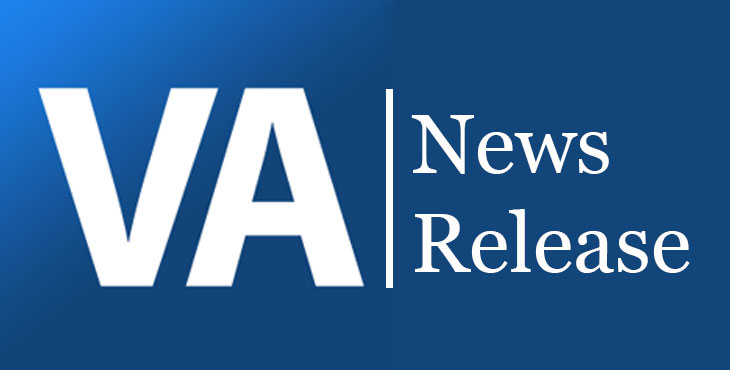For fiscal year (FY) 2019, VA seeks to award at least 15% of its total contract dollars to SDVOSBs and at least 17% to VOSBs, representing a 5% increase in both goals, a significant change not noted since 2010.
The U.S. Department of Veterans Affairs (VA) and the Department [...]
Influenza significantly increased the risk of hospitalization for heart failure, [...]
An engineering and construction industry magazine recognized a U.S. Department [...]
The U.S. Department of Veterans Affairs and the Department of Defense are hosting a biannual conference that will address military and Veteran suicide.
The newly approved Spravato nasal spray for treatment-resistant depression will be made available to Veterans based on their individual medical needs combined with providers' clinical assessments.
As of March 3, nearly 116,000 Veterans started all-oral hepatitis C medications in VA, of which 96,654 Veterans completed treatment and have been cured.
The overall star rating for VA’s nursing homes compared to private sector nursing homes rated by the CMS shows that VA has a significantly lower percentage of one-star, or lowest rated, facilities.
This screening test will help VA providers determine the most appropriate medications as well as cardiovascular and mental health diseases and pain management.
President Trump is proposing a total of $220.2 billion in his fiscal year (FY) 2020 budget for VA, a 9.6 percent increase above fiscal 2019.
Sponsored by VA’s Center for Women’s Veterans, the event will feature 15 women Veterans representing all branches of military service in a 2019 campaign.
Effective today, Veterans who appeal a VA claims decision have three decision review options: Higher-Level Review, Supplemental Claim and Appeal to the Board of Veterans’ Appeals.




